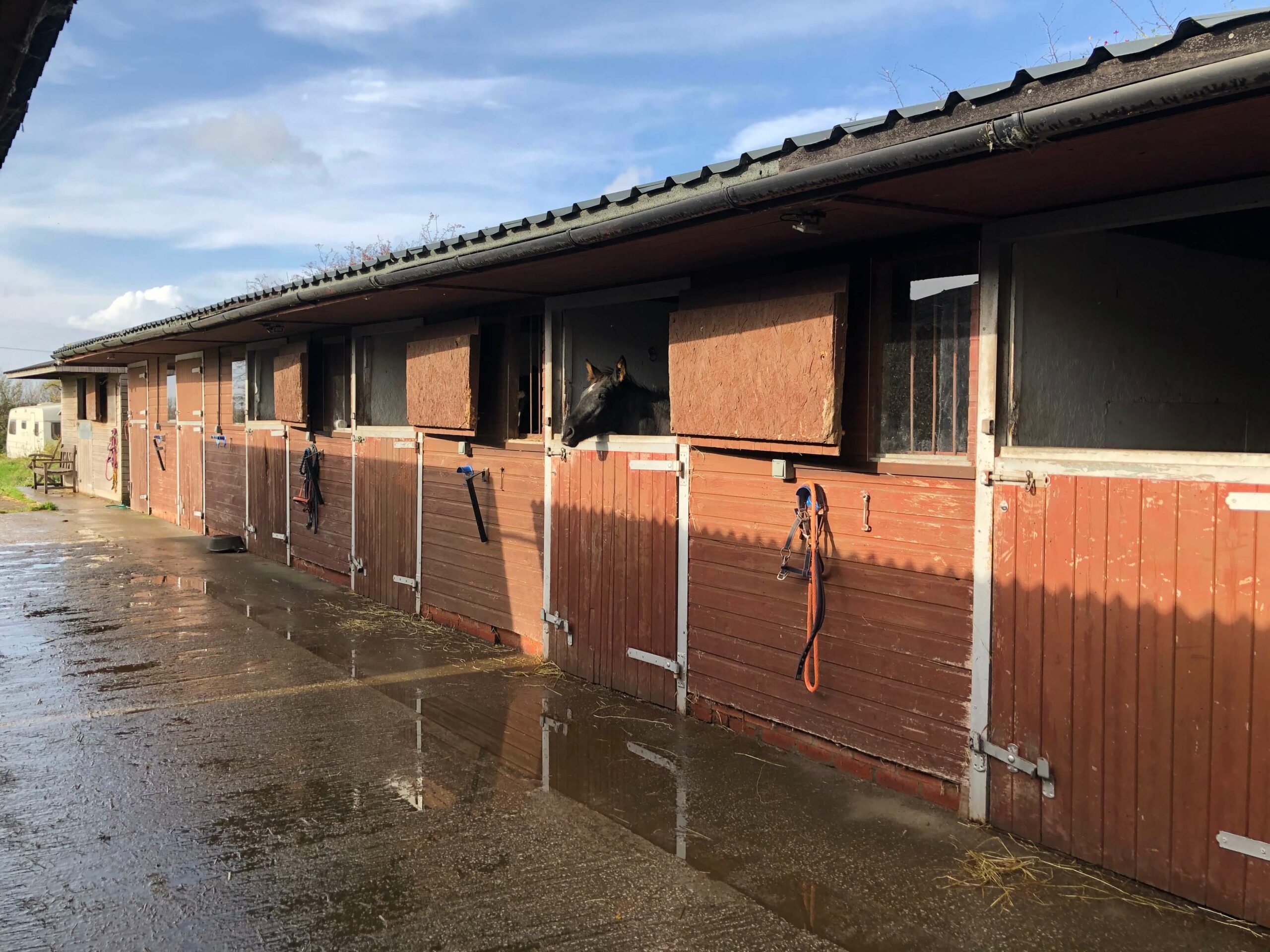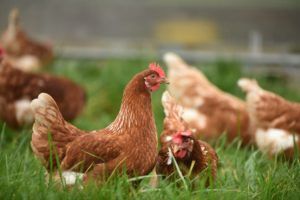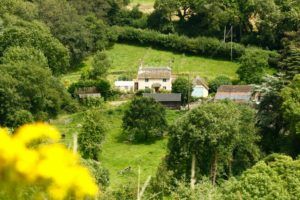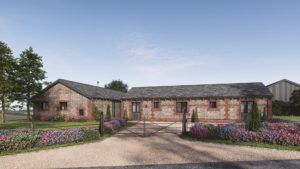Acorus were contacted by persons wanting to regularise some equestrian developments following the need to relocate their horse breeding and livery business back to their own land, due to the termination of a tenancy held at a stable yard.
Equestrian Structures
As generally in the UK equestrian activities are not for the purposes of agriculture, any development will require planning permission, such as any change of use of land for the erection of buildings/structures (stables and field shelters), and other facilities such as arenas, manèges, turnout areas, flood lights and gallops.
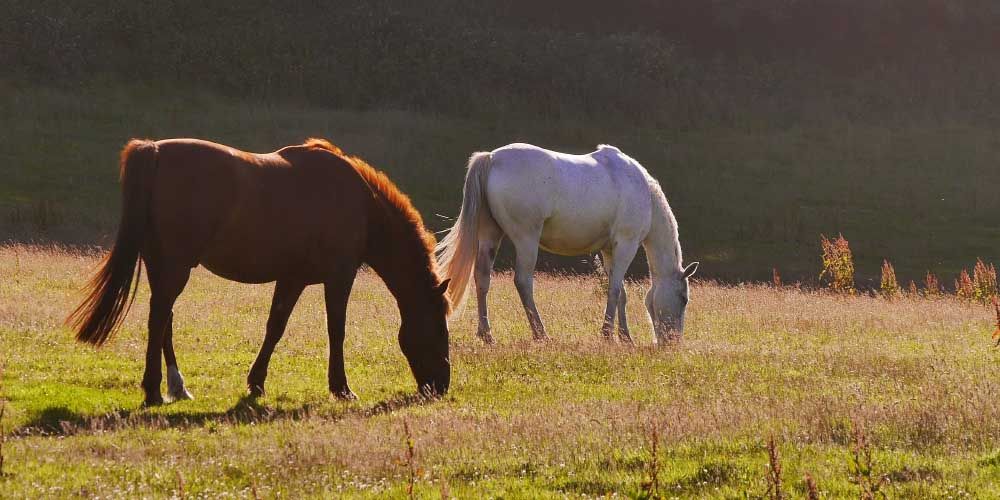
There is a preference by Local Planning Authorities for the change of use/conversion of existing buildings on land rather than new build. The only element of having a horse on land that does not require planning permission is grazing, and that alone. Any further activity, even providing additional feed, changes the use and requires permission.
Certificate of Lawfulness and Planning Application
After undertaking an assessment of the property, a Certificate of Lawfulness was submitted for operational development already undertaken on site in the form of stables and storage buildings. The said development had been on site long enough so a lawful development certificate could be sought.
A Planning Application (part retrospective) for a field shelter/stable, and a horse-walker was also submitted.
Both applications were approved. However, in order to ensure that the site had suitable facilities for the equestrian business to grow, a review of the stabling requirements was undertaken. A planning application was prepared and submitted to re-configure the arrangement of the stable buildings with ancillary facilities.
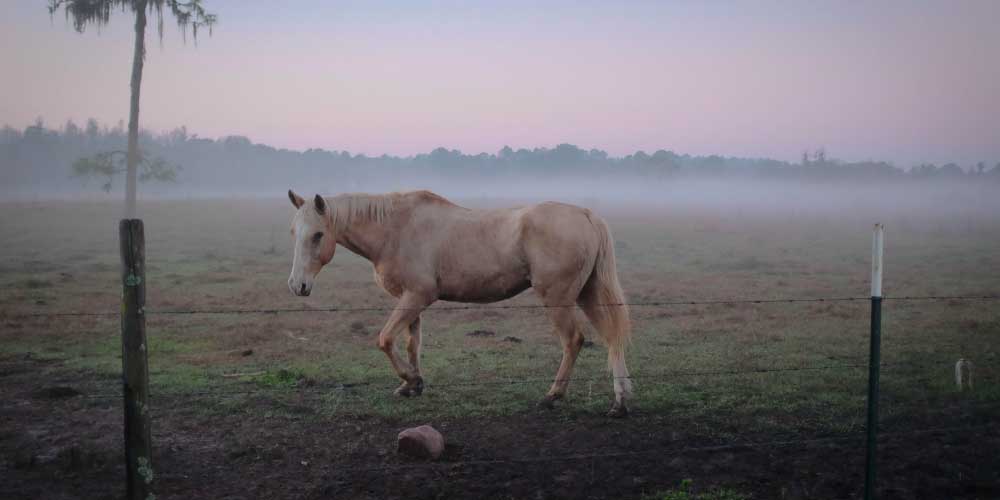
Concurrent with the above application, a planning application was also prepared and submitted for on-site temporary accommodation (initial three year period) in the form of a log cabin.
Equestrian Dwellings
Dwellings to support commercial equestrian enterprises are assessed in the same way as agricultural enterprises by Local Planning Authorities; it has to be proven by the applicant that there is an ‘essential need’ to live on site.
The proposed new stabling would allow the business to develop as planned. On site residential accommodation was seen as critical to effectively manage the demands of the breeding horses and the horses retained on full livery.

Planning Success
The new stabling and temporary accommodation was approved and the re-development of the site is now underway.
Our clients are very pleased with the outcome and excited about the future of the business and the services and facilities they can provide to their clients.
If the business plan is successful and projections are met, a permanent dwelling to replace the log cabin can be sought once the three year period has expired.


